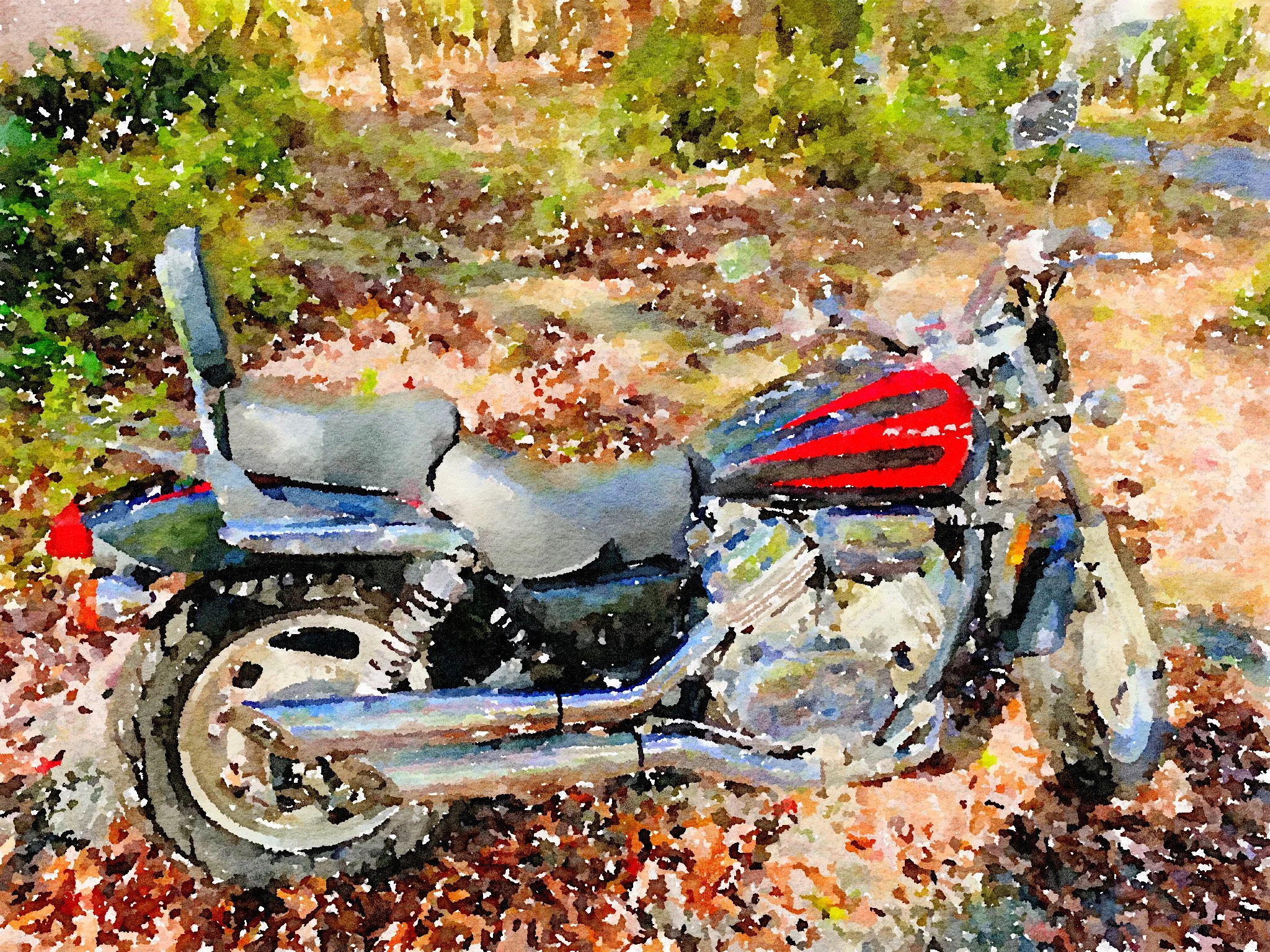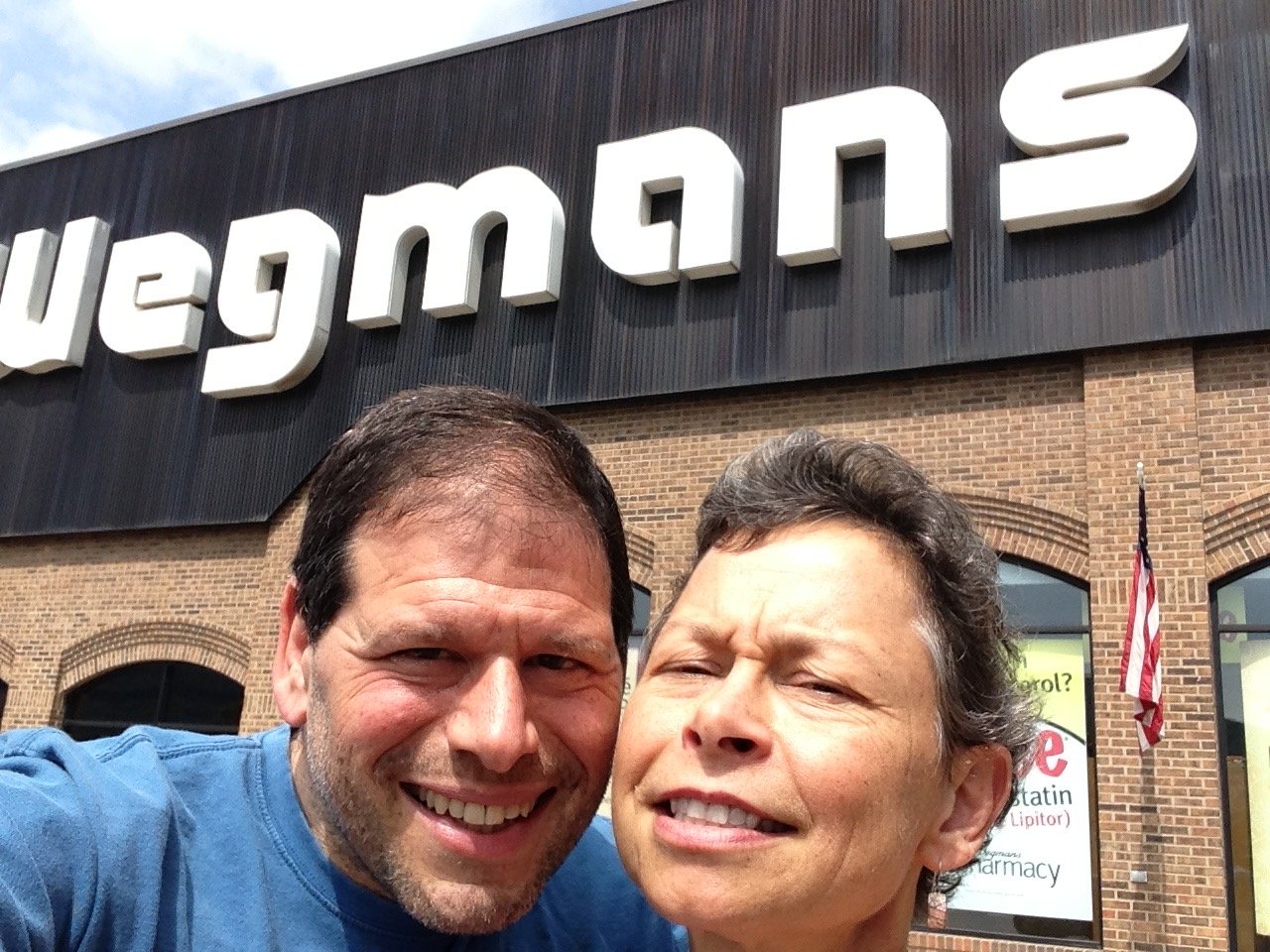My town of Washington Grove, Md. operates under a New England Meeting style of government, which though common in New England (as you might guess), is the only one of its kind in the state of Maryland. Every year in May the town gathers, (on Zoom once again this year) hears an address from the mayor, approves the budget (including tax increases) and receives reports from the many, many committees.
The meeting is always opened with an invocation (euphemism for prayer) and though I am not generally a fan of invoking religion, even in its most ecumenical form in a public forum, I was intrigued by something that our invocateur (a word I just made up) Joe Clark said when he opened the meeting.
“Thank you for life which offers us days never lived before so that we may spend and not hoard the one life we have. Let us choose joy over pleasure, peace before ease, truth instead of safety and love above all.”
I was intrigued by the idea that one might hoard one’s life and wondered what it might mean to choose truth over safety.
In Homo Deus, the sequel to his monster best seller Sapiens, Yuval Harari speculates that humans may one day solve the problem of death allowing individuals to live forever, at least as long as they don’t meet with an accident, commit suicide, or face another life-ending injury. Putting aside the whole question of whether living forever would be a good idea or not either for us or the planet, Harari suggests that in a world in which only physical destruction can end a life, humans could become completely risk avoidant.
“We mortals daily take chances with our lives, because we know they are going to end anyhow. So we go on treks in the Himalayas, swim in the sea, and do many other dangerous things like crossing the street or eating out. But if you believe that you can live forever, you would be crazy to gamble on infinity like that.”
In other words, we are willing to take risk, to chance loss, because we know that in the long run we will die and lose everything anyway.
Steve Jobs put it like this in his famous address to the graduating class of Stanford University in 2005:
“Remembering that you are going to die is the best way I know to avoid the trap of thinking you have something to lose. You are already naked. There is no reason not to follow your heart.”
When I think about life hoarding, it seems to me that in some ways, Harari’s fear is already materializing.
The fact is that in 2022, Americans (and most people in the world) have never in history been safer from disease, better fed, had more material wealth, and less likely to be victims of violence.
Yes, there many people who are not so fortunate. People who are hungry, homeless, living in war zones, or without access to healthcare. But the 21st Century is still the most prosperous time in human history by pretty much any measure.
And yet, in many ways we are more risk averse than ever! I am not just talking about people who still won’t leave their homes because of Covid. Although, yes, that. But there is a long list of things that people won’t do because they are afraid.
Camping overnight in the woods
Flying on an airplane
Riding a bike or a motorcycle
Rock climbing
Traveling in a car
Quitting a job that makes you miserable
Taking the subway in New York City
It appears that as we have become safer and more secure, we have become more avoidant of risk.
Each person, of course, has to decide what risk is worth taking and at what potential price. Someone who is elderly or immune compromised might reasonably make different choices about whether to go to the market or have their groceries delivered than a 25 year-old would
But if we are not clear-eyed about how much risk we are avoiding and what we are giving up to avoid it, we can convince ourselves we are being prudent when we are really being fearful.
During Covid, I tried my best to stay as engaged with the world as I could. Even before vaccines were available, I went out every day. I continued shopping in the grocery store. I traveled twice to Colorado to see my kids, albeit by car not plane. When we visited them we hugged them and shared a living space with them.
Once vaccinated, I tried to return as quickly and fully to ‘normal life’ as possible. Since April of 2021, I have flown, taken trains and busses, eaten in restaurants, and attended weddings and concerts where few or none were masked. Sometimes, it felt scary. I did it anyway.
I accept that I might get Covid. I accept that I might die or even be sick for a long time. I might also die of the flu, in a car crash, or get eaten by a bear while camping in the woods at night. I am not willing to give up camping, car travel, or hugging my kids in exchange for deluding myself that I will live forever.
Life is a bit like money in this sense. You can’t enjoy it when it is locked away. You have to spend your life to have a life. And the only promise you can rely on (unless you count taxes) is that you will, in fact, die. We may try to hoard our lives by avoiding risk but we will just end up missing out on life entirely. And of course, then we will still die.
Being generous with your life is the opposite of hoarding it. Choose truth above safety and love above all. You are already naked. There is no reason not to follow your heart.
But only you and your heart knows where it wants to go.




